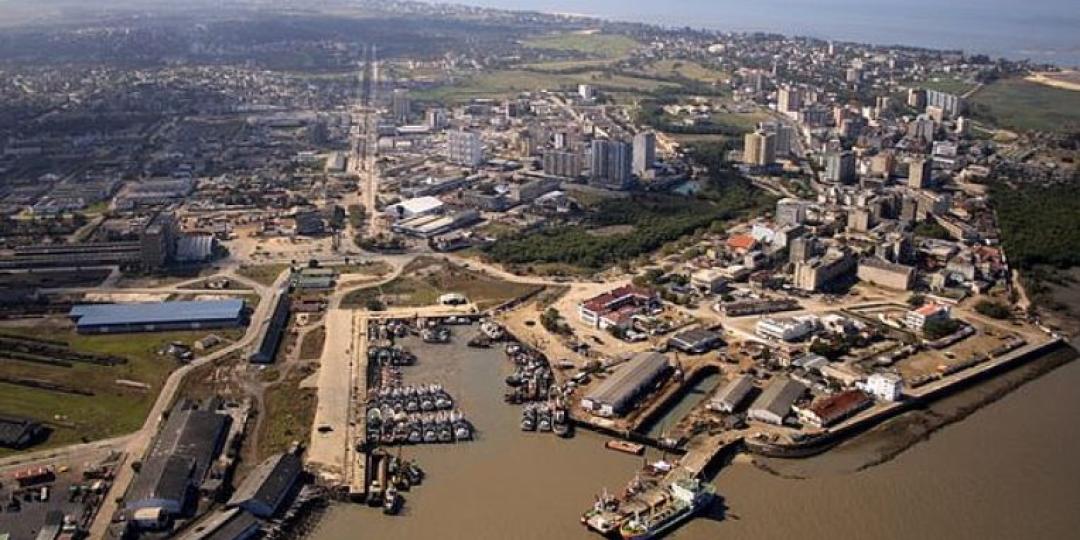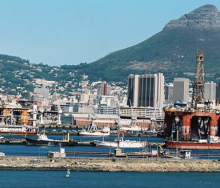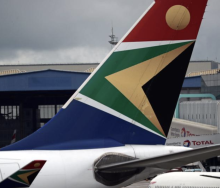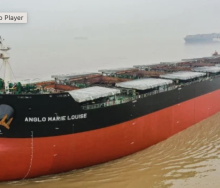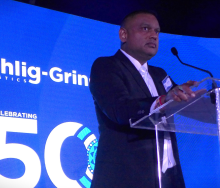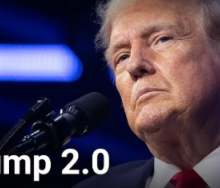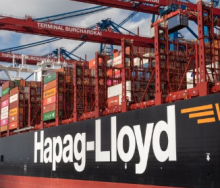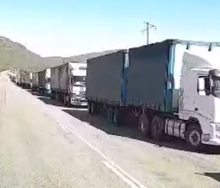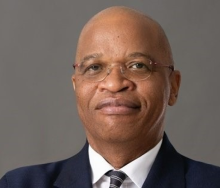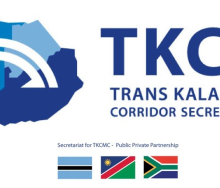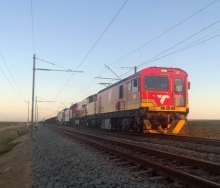US rail corporation Railnet is said to be in talks with the governments of Zambia, Zimbabwe and Mozambique to build a railway line from the Copper Belt province south of the Democratic Republic of the Congo (DRC) to the Port of Beira at an estimated cost of $11 billion.
This was confirmed by Railnet CEO Donald Kress.
Plans are to complete feasibility studies first, hopefully this year, before proceeding with engineering design of the line which will run alongside an older colonial-era line leading to Beira.
If all goes according to plan the line’s construction will commence as early as 2021, provided that the Covid-19 pandemic does not disrupt efforts around the build-own-operate-transfer project.
At this stage it is not known exactly who will be investing in the project although Kress has reportedly stated that Magcor International will fund the endeavour.
Once completed, the line, which will carry bulk freight at speeds of up to 120 kilometres per hour (kph), will also carry passenger trains at 160 kph.
The project heralds the ongoing emergence of Railnet as one of the most prominent rail developers in Africa with big ticket projects in the DRC, Ghana, Mali and Senegal already under way.
It also adds more impetus to efforts, particularly by the Port of Beira, to leverage off its proximity to the copper-mining areas of landlocked Zambia and DRC.
Both countries are still largely using the ports of Durban and Dar es Salaam. But the distance and violent transport disruption often experienced on the north-south corridor to South Africa’s premier port, not forgetting the congestion issues experienced at both, is increasingly proving beneficial for the Port of Beira.
Earlier this year Jan de Vries, chief executive of port concession company Cornelder de Moçambique, clearly stated Beira’s intention to benefit from the ongoing inefficiency experienced at the ports of Durban and Dar es Salaam.
Addressing industry representatives in Johannesburg and Cape Town, he said the port was pulling out all the stops to increase bulk freight volume on the Beira Corridor south out of Zambia through Zimbabwe.
And although Cornelder is still in the process of expanding capacity around the required amount of space, safety and security of handling large mining concentrates at the port, volumes in and out of Zambia and the DRC have already picked up.
This has been confirmed by the Federation of East and Southern African Road Transport Associations (Fesarta) which in recent times attributed increased cargo flowing through the border crossings of Chirundu and Forbes between Zambia, Zimbabwe and Mozambique to improved throughput in Beira.
